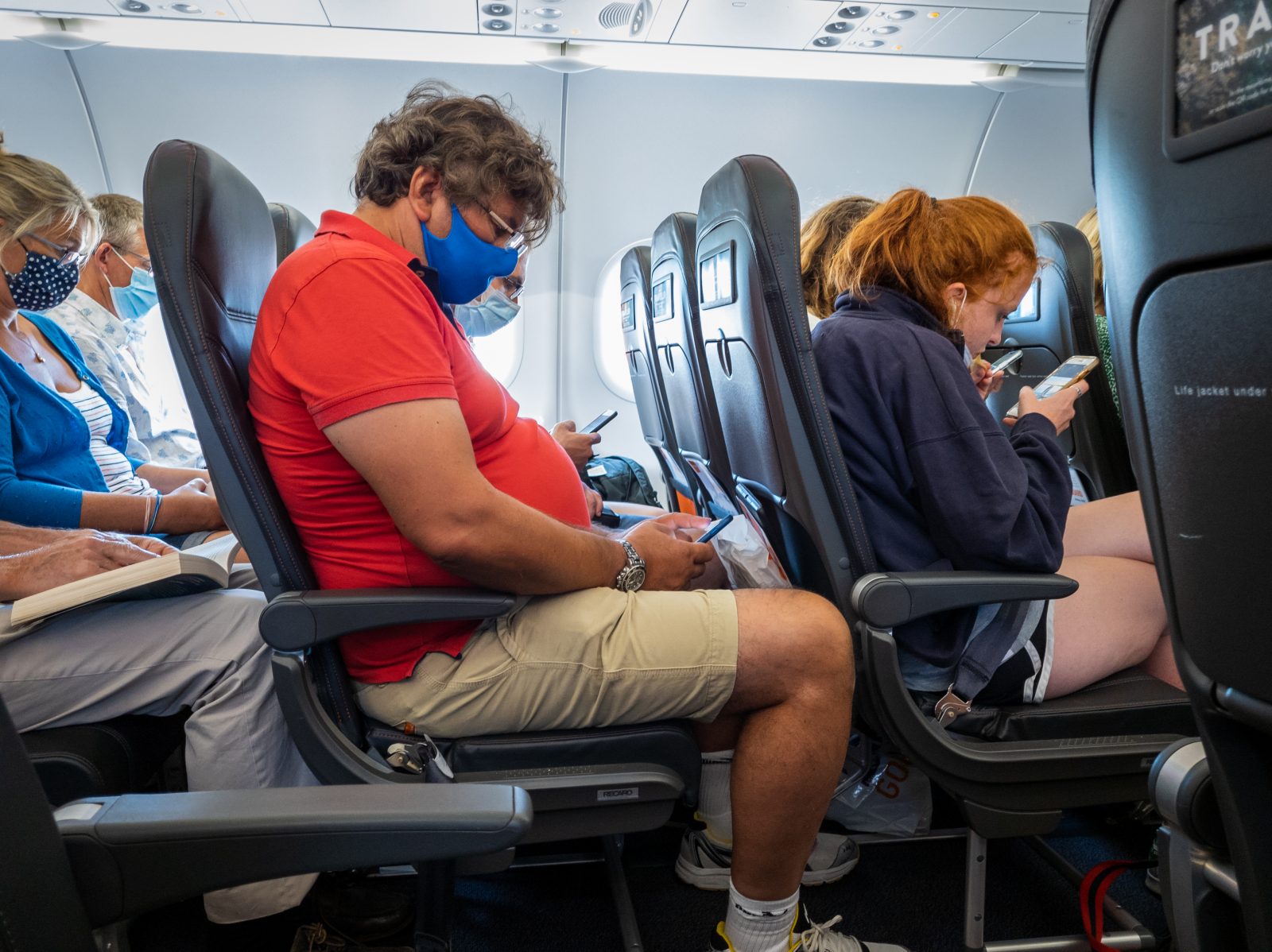
Last month, the Federal Aviation Administration (FAA) summoned top U.S. airline executives to a meeting to discuss one of the most pressing issues facing the industry at the moment – the ugly and often violent surge in unruly passengers that are making the skies anything but friendly.
Airlines were issued with an ultimatum – come up with concrete “additional steps” to drive down disruptive passenger incidents and get those measures in place within a month. Present at the meeting was industry trade group Airlines 4 America which represents the likes of American Airlines, Delta and United Airlines.
So how has the industry fared in curbing unruly passenger incidents? According to the latest data from the FAA, not so good. The unruly passenger incidence rate is ticking up once again after a lull over the summer months, although thankfully reports are well below the record highs seen in the first half of 2021.
The individual stories, however, remain horrifying. On Wednesday an American Airlines flight attendant had her nose broken by a passenger who allegedly punched her in an unprovoked and senseless attack onboard a flight to California. In the same week, a passenger was charged with masturbating in front of his male victim onboard a flight to Denver.
In the majority of cases though, flight attendants have faced the brunt of aggression. In one recent incident, a jetBlue flight attendant was strangled by a passenger who used the crew member’s own neck scarf to carry out the horrendous attack.
In another incident, a grand jury has indicted a passenger on a Delta Air Lines flights who attempted to break into the flight deck and then attacked flight attendants who intervened.
Delta promptly banned the passenger from ever traveling with the airline again. JetBlue did the same and as did American Airlines. There’s just one problem – there’s nothing stopping an unruly passenger from buying a ticket with another airline.
There’s little deterrent in putting a passenger on an airline’s ‘no-fly’ list because the disruptive passenger is free to travel with another airline.
That is, unless, the ‘no-fly’ list is shared by every airline and a ban from one airline means a ban from all airlines.
It’s the exact idea that Delta came up with after meeting with the FAA last month and the idea is, perhaps unsurprisingly, supported by various flight attendant unions including the Association of Professional Flight Attendants (APFA) which represents crew members at American Airlines.
But Delta is struggling to find wider industry support for its proposal and so far the FAA isn’t pursuing the idea either.
Delta has been by far the most aggressive of any major U.S. airline in banning passengers. By last count, the Atlanta-based carrier had barred 1,600 passengers from future travel – the majority were banned for minor face mask violations that wouldn’t attract the same penalty if the passenger was traveling with another airline.
So the first thing that a national no-fly list would have to work out is what level of behavior would warrant a travel ban. A face mask violation is unlikely to warrant an all-airline travel ban but the public should be alarmed that an unruly passenger who has tried to break into the flight deck is free to fly with few restrictions.
Once the criteria for a travel ban has been established, administrators are going to have to work out how much evidence is required to initiate a ban. For example, is the testimony of one flight attendant going to be enough or will it take multiple independent witness statements?
For such an important task, you can’t rely on the airline corporate security department. Administrators would have to come from an independent organization with experts in criminal and civil law able to scrutinize every proposed addition to the list.
These administrators would also have to oversee a robust and fair appeals process. Considering that many unruly passenger incidents are the result of mental ill-health, one also has to consider whether it’s proportionate to ban someone from travel if they are now receiving treatment.
The reality is that a national no-fly list would be incredibly expensive to set up and administer. No wonder airline executives are instead pushing law enforcement agencies to pursue criminal prosecution against unruly passengers in what they view as the best deterrent.
Mateusz Maszczynski honed his skills as an international flight attendant at the most prominent airline in the Middle East and has been flying ever since... most recently for a well known European airline. Matt is passionate about the aviation industry and has become an expert in passenger experience and human-centric stories. Always keeping an ear close to the ground, Matt's industry insights, analysis and news coverage is frequently relied upon by some of the biggest names in journalism.








If only the FAA and homeland security maintained some sort of no fly list.
It is blindingly obvious that a national no fly list is needed.